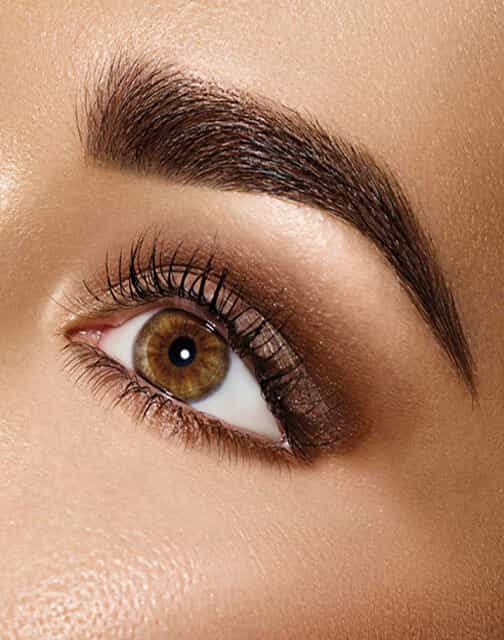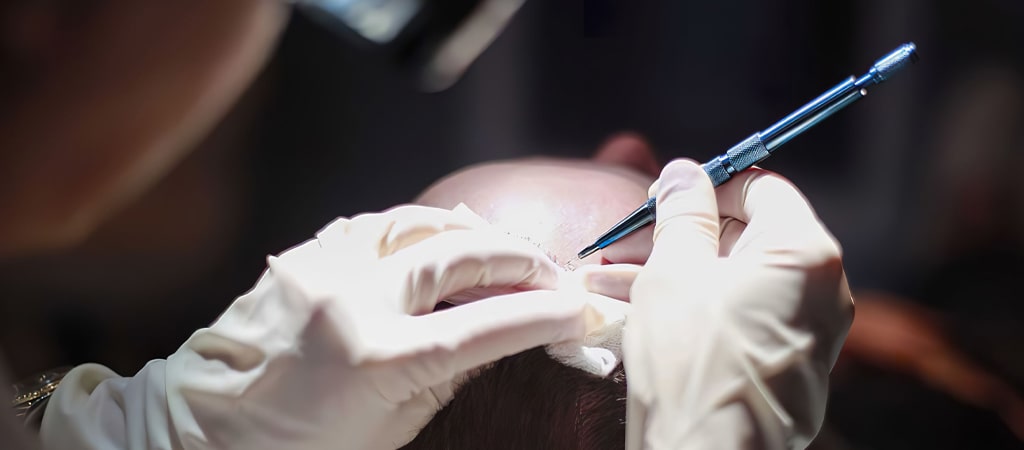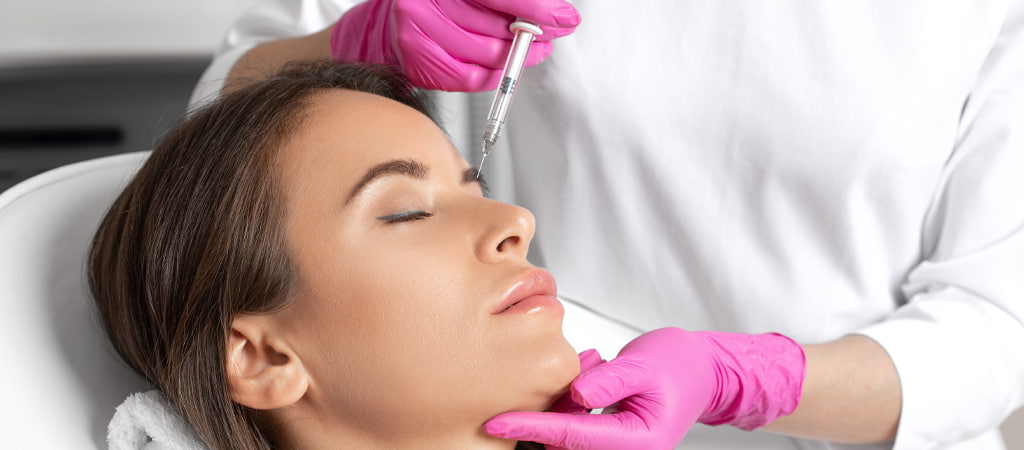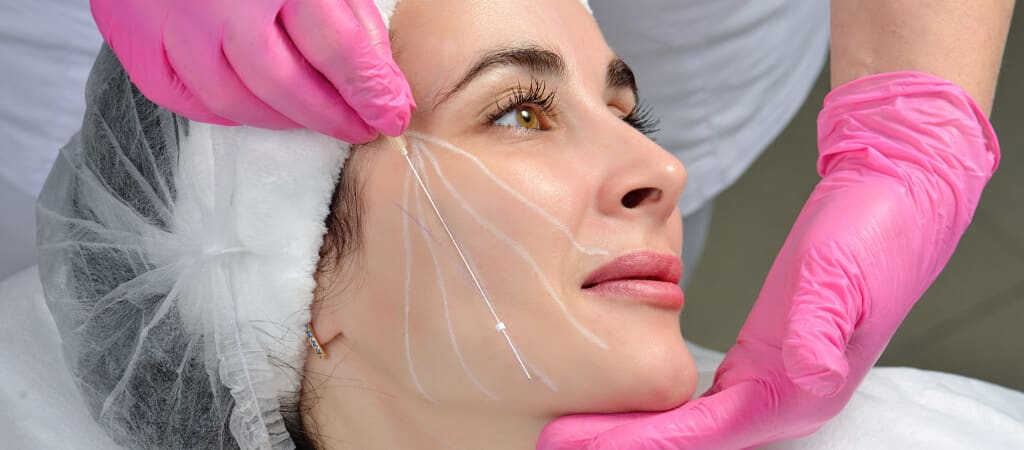What is Teeth Whitening?

Teeth whitening is the process of whitening the discoloration of teeth enamel with power bleaching treatments or at home bleaching methods.
Overtime the consumption of products such as coffee, tea, acidic drinks, sugary foods, tobacco and even antibiotics cause yellowing of the teeth and can cause permanent stains. Teeth yellowing can also be a genetic problem for some individuals.
The various treatments of teeth whitening can be the solution for permanent stains caused by these factors.
Paying attention to dental care and the foods and drinks consumed after a teeth whitening treatment ensures a longer lasting result.
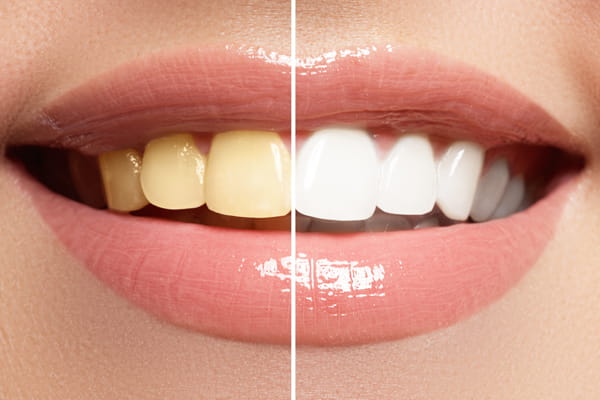
Who Is Teeth Whitening Suitable for?
Teeth whitening is suitable for individuals with complete teeth development, healthy teeth and healthy gum tissues.
The treatment cannot be applied to patients with gum disease,pregnant and breastfeeding women and individuals with porcelain veneers.
If the tooth surface has not been worn out, the pulp is not large and does not have the above characteristics, treatment can be applied.
Patients with fractures, cracks and/or decays on the teeth are also not eligible. These dental problems must first be treated before a teeth whitening procedure.
How Is Teeth Whitening procedure performed?
There are a variety of methods when it comes to teeth whitening. The practitioner will decide the most suitable treatment after a thorough examination at the first consultation.
The most popular treatments include:
Clinical Treatment: Also known as Laser Whitening, this treatment is performed in a clinic by a practitioner. The procedure starts with a quick clean of tartar and mild stains on the teeth. Then a polishing agent is applied where the whitening process will begin.
The shade of the tooth can be determined during this step. A gel is then applied to the surface of the tooth and is activated with the help of a laser tool.
The session lasts approximately one hour, and patients can expect to see whiter teeth after one session. A second session or more may be required depending on the tooth condition and desired shade of tooth.
Home Teeth Whitening Treatment: As the name suggests, this treatment can be done in the comfort of your own home with the kit specially prepared by the practitioner. St the first consultation, the practitioner will prepare the necessary tools needed for an at home treatment.
The treatment generally takes a few hours a day for up to four weeks. Periods and treatments can change as determined by the practitioner.
Does a clinic treatment and home whitening treatment provide the same result?
As both treatments can provide excellent teeth whitening results, experts suggest clinical type treatments are more effective.
This is due to the fact that the treatment is applied by a professional practitioner and the substances that are used are of clinic standards with higher concentration levels.
Clinical treatments also show results as quick as only one session or a couple more. Home treatments, on the other hand, take a lot longer to show the desired results. Home kits should also be strictly maintained, however some tend to neglect the routine thus limiting the overall result.
Gels that are used for teeth lightening should also be used carefully. Particularly when used at home, the gel must not come into contact with the gums as this can cause painful sensitivity. In a clinical treatment, a protective gel is applied to the gums to protect against friction and contact, however at home the gels inside the mouth guard may leak and touch the gum causing sensitivity.
What should be considered after treatment?
After a teeth whitening treatment, it is extremely important to follow the recommendations provided by the practitioner.
These include, but not limited to:
- Avoid consuming extremely hot and cold foods for the first few days after treatment
- Foods that will cause discoloration of the teeth should not be consumed, especially in the first three days. The list of these foods and drinks should be given by the practitioner
- Teeth cleaning should be done regularly as directed by the practitioner.
Benefits of Teeth Whitening
Regular consumption of foods and drinks like tea, coffee, tobacco and alcohol can show the negative effects on your teeth. Overtime, yellowing and prominent stains will occur. These stains together with tartar, damage tooth enamel and result in poor oral and dental health. This treatment can provide a healthier, whiter and brighter smile.
The benefits of a teeth whitening treatment can also be seen immediately after the first session. Patients may experience sensitivity for a few days after treatment, however this is very normal and should subside in a short time.
It is also important to remember that using these methods without a doctor’s approval can be harmful and cause further damage
Teeth Whitening FAQ’s
Are teeth whitening treatments permanent?
Are teeth whitening treatments permanent?
The results after a teeth whitening treatment vary depending on individuals overall oral care, hygiene and tooth structure.
Failure to pay attention to oral hygiene and consuming food and drink that has a high risk of staining, will alter the longevity and the effectiveness.
For maximum results, it's also advised to repeat the treatment every four to six months.
Does teeth whitening damage teeth?
Does teeth whitening damage teeth?
A teeth whitening treatment should be performed by a practitioner. Teeth whitening does not harm or damage teeth as long as it is not applied to weak enamel tissue and/or decayed teeth.
How is teeth whitening done?
How is teeth whitening done?
A teeth whitening procedure is a two-stage process. First, visible stains and tartar on the teeth surface are removed.
The treatment that will whiten the teeth is applied in the second stage.
Can an At-home teeth whitening treatment provide a desired result?
Can an At-home teeth whitening treatment provide a desired result?
It's important to strictly follow the instructions on the teeth whitening treatment program given by the practitioner. At times it may be challenging to incorporate the routine into a person's daily life, therefore a clinical treatment is always favored.
How long after treatment can you expect to see results?
How long after treatment can you expect to see results?
The results of a teeth whitening treatment can be seen almost immediately after the first session. However the duration does vary depending on the intensity of the stains, the yellowing and any traces of gray coloring. If there are more gray tones compared to yellow, the duration can take longer.

